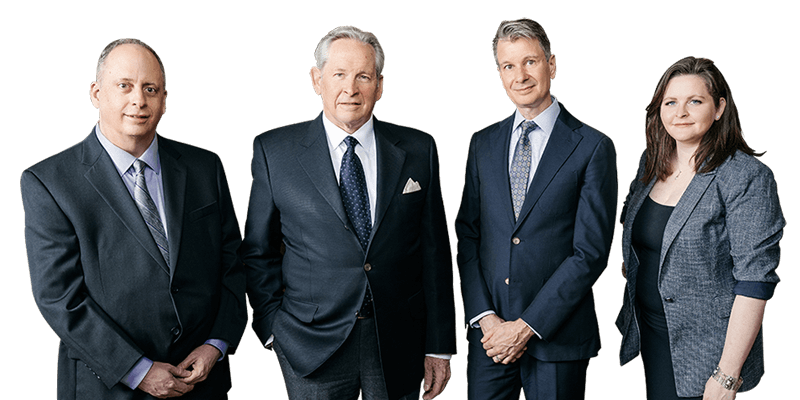Motorcycle riding is an exhilarating experience enjoyed by people of all ages. However, it is important to recognize that certain age-related factors can influence the risks associated with riding a motorcycle.
There are various considerations and precautions people should take based on their age. Reviewing these factors can help ensure safety on the road.
Young and middle-aged riders
Younger riders, particularly teenagers and those in their early twenties, often lack the experience and judgment necessary to navigate the challenges of motorcycle riding. Factors such as impulsiveness, peer pressure and a tendency to engage in risk-taking behavior can increase the likelihood of accidents.
Middle-aged riders, typically between their 30s and 50s, may have more experience on the road. However, they face different age-related challenges. Reduced flexibility, slower reaction times and declining vision and hearing abilities can impact their riding skills. Regular exercise, maintaining good health and undergoing vision and hearing checks can help middle-aged riders compensate for these changes and continue riding safely. The National Highway Traffic Safety Administration says the average age of motorcyclists who died in traffic accidents was 43 during 2020.
Older riders
Older riders, usually aged 60 and above, may experience a decline in physical abilities, including coordination, muscle strength and balance. Age-related conditions such as arthritis and osteoporosis can also affect their riding capabilities. It is vital for older riders to consult with their healthcare providers regularly. They should adapt their riding habits to their physical limitations and consider using motorcycles with features like lower seat heights and ergonomic designs to ensure their safety.
Regardless of age, ongoing education and training play a vital role in enhancing motorcycle safety. Remember, safe riding practices benefit everyone on the road, and it is never too late to prioritize safety while enjoying the thrill of motorcycle riding.


